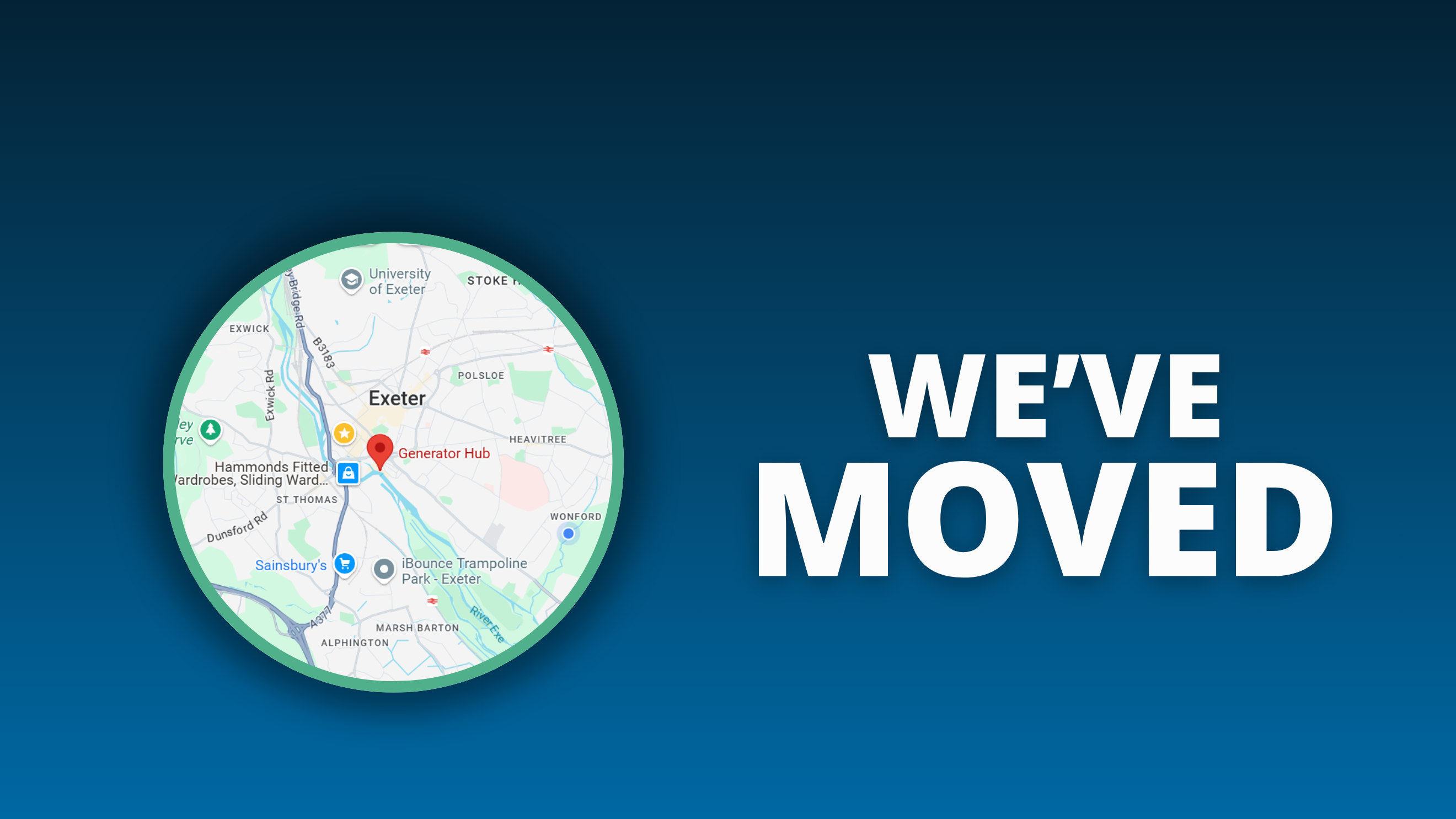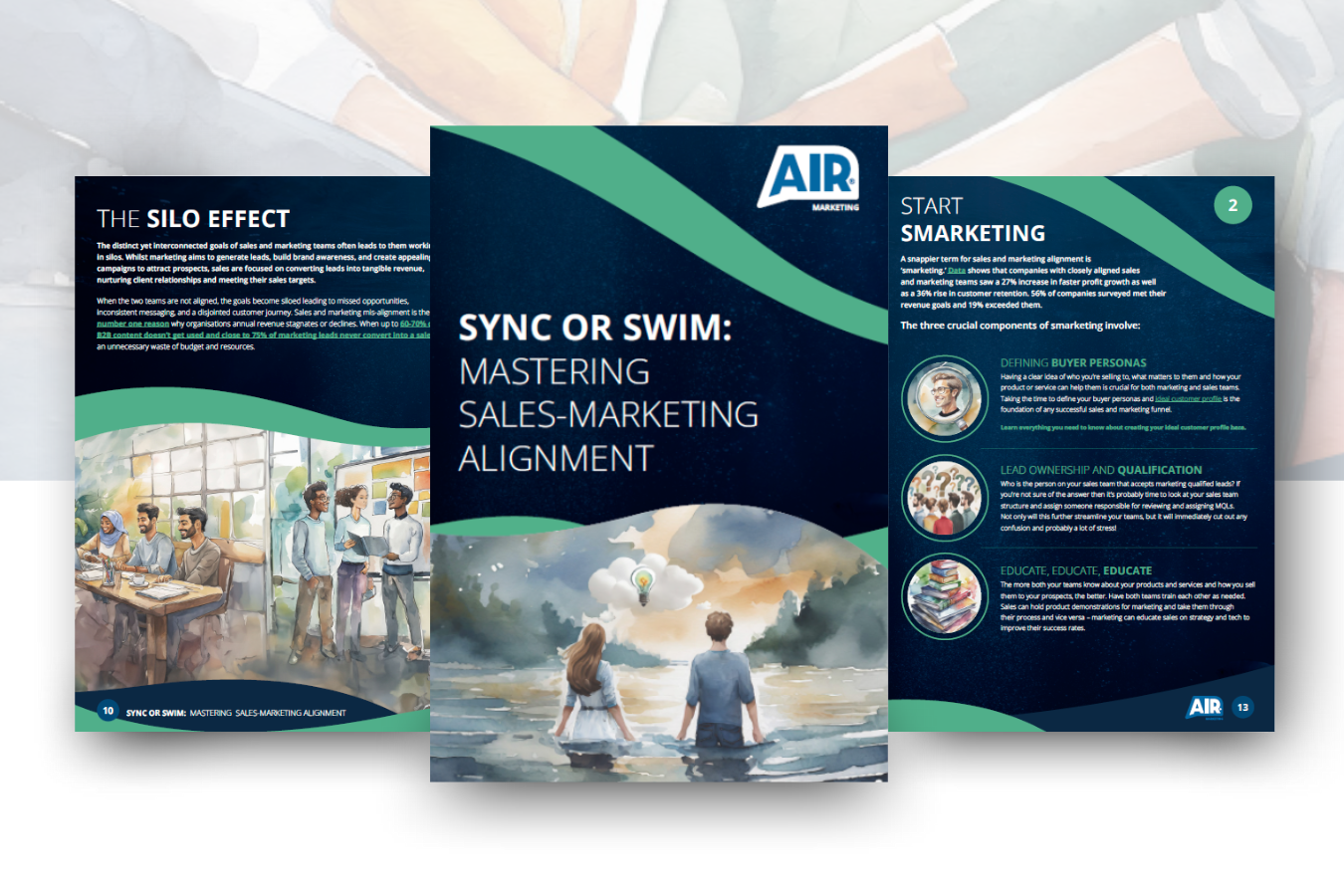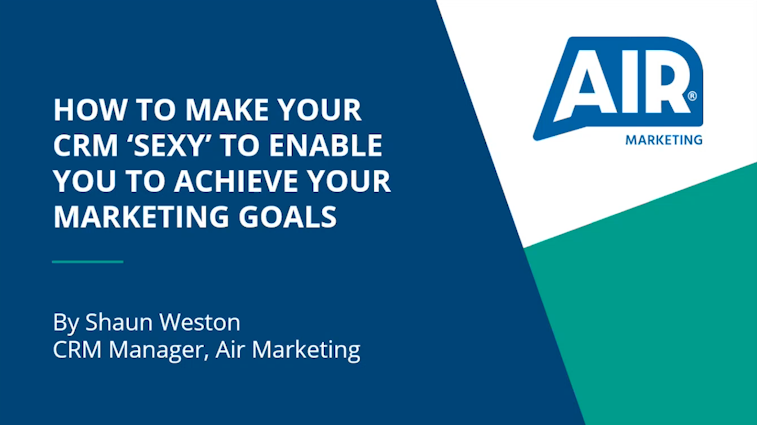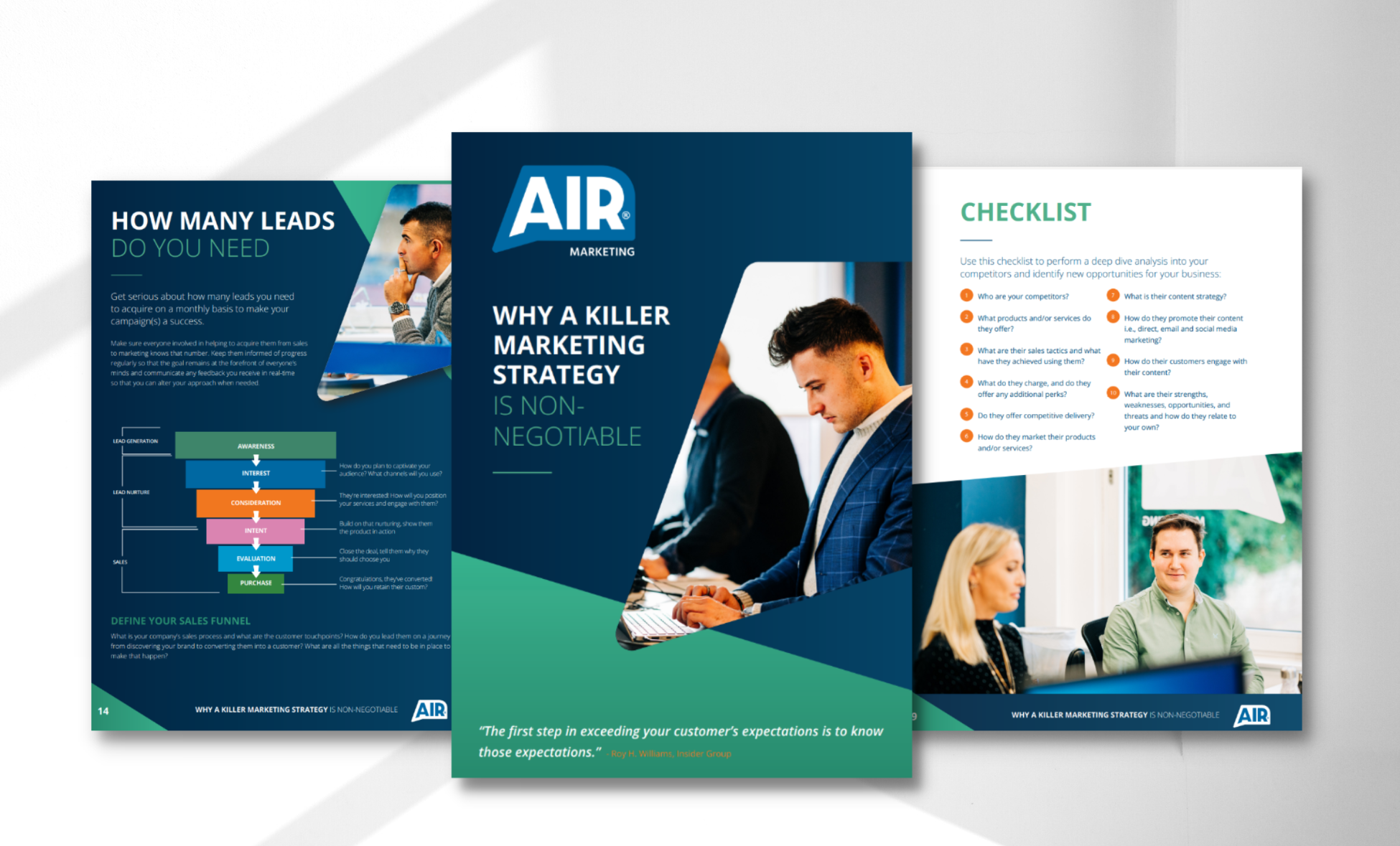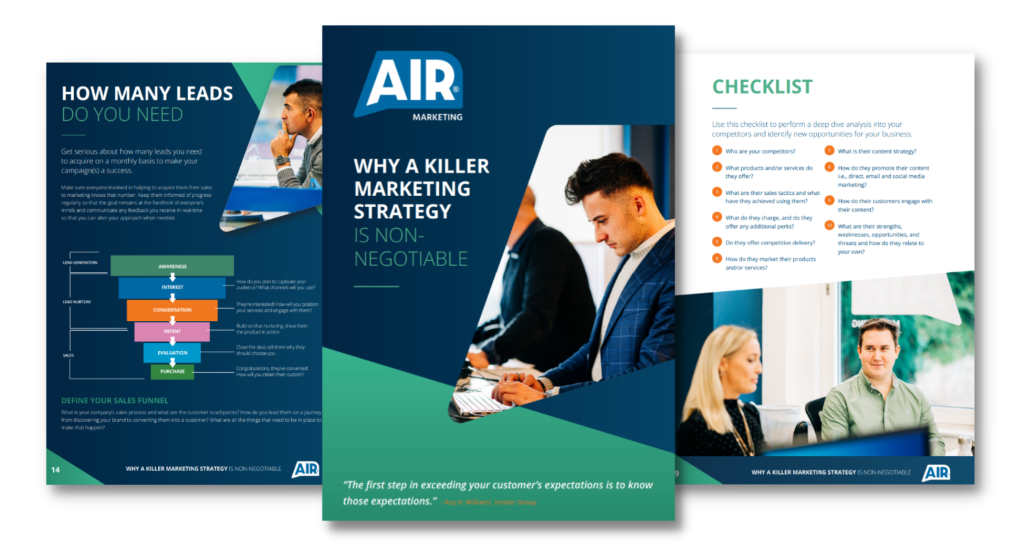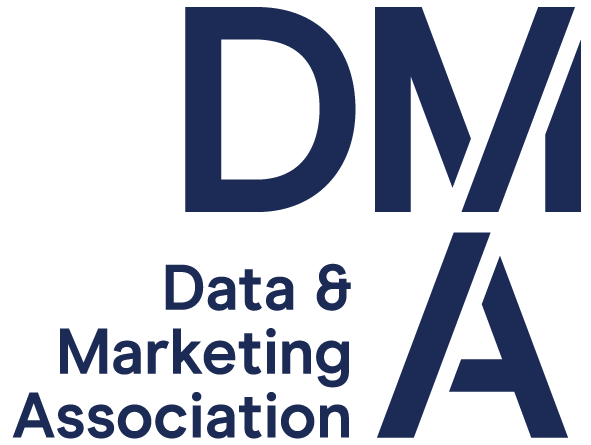Perhaps we could look at this question from a different angle, would you start a business without a business marketing plan?
The answer is of course, no! But why should the approach to marketing be any different? You are going to be investing in marketing and if done correctly, marketing will deliver ROI to grow your client base, revenue and ultimately business. It is therefore a critical aspect of your go to market strategy and should be thought through and planned.
Do you appreciate the importance of marketing?
You would expect us to ask this question, we are a marketing agency, we feel that marketing is vital to business success. But let’s explore this question.
For your business to survive, and of course thrive in a market place you have to attract and retain your customers. But if your business never told the market what you offer, why you are better than your competitors, your ethics, why you exist etc, then would customers simply come to you? No doubt a small number may stumble across you, but it’s unlikely that you will attract the number of customers needed for your business to survive.
Marketing is not simply the expensive advertising campaign you see on TV or the brochure that will cost a lot to produce and may quickly become outdated. It’s likely that marketing will have an influence over every touchpoint that your customers experience; from your telephone message, your welcome email, that customer service call or a client portal login. The messaging, branding, look and feel are all influenced by marketing.
Why create a marketing plan?
A plan gives you the opportunity to really understand:
* Who you want to target, why and how you will reach them?
* It prompts you to assess your competitors, what activity are they doing, could you be doing something similar?
* And to dive into your product or service – put your customer hat on, why would you purchase your product or use your service, are the benefits clear?
All of these questions need to be thoroughly thought through to carry out effective business marketing.
Putting this into a plan, allows you to focus your resource (time as well as capital) alongside specific, measurable timeframes and goals. This plan will help you with the day to day running of your business; sensible and realistic resources allocated ahead of time, will help you manage performance of your marketing efforts. This will keep your team motivated and allow you to test, refine and edit activity to produce the best results.
The marketing plan is your roadmap, it provides you with clear direction making it straight forward to align execution and reporting to your objectives.
You don’t have to do it alone…
Planning your marketing for 6 months, 1 year or even 2 years in advance can seem daunting but you don’t have to undertake this task alone. In fact, having an outside perspective involved with your planning, asking different questions, challenging your thinking – can produce even better results.
And don’t forget this is not a one-off exercise that is completed and stored to never be looked at again. This is a living plan, to be referred to, updated and amended regularly – make it your friend not your foe. Find out more about marketing planning with Roots to Market here.
